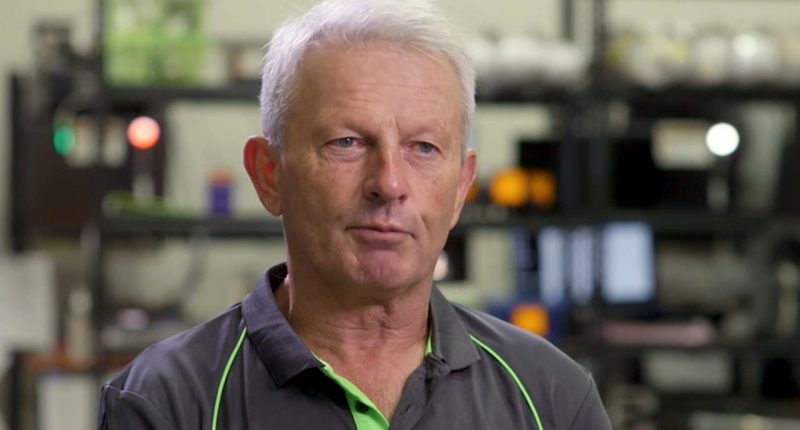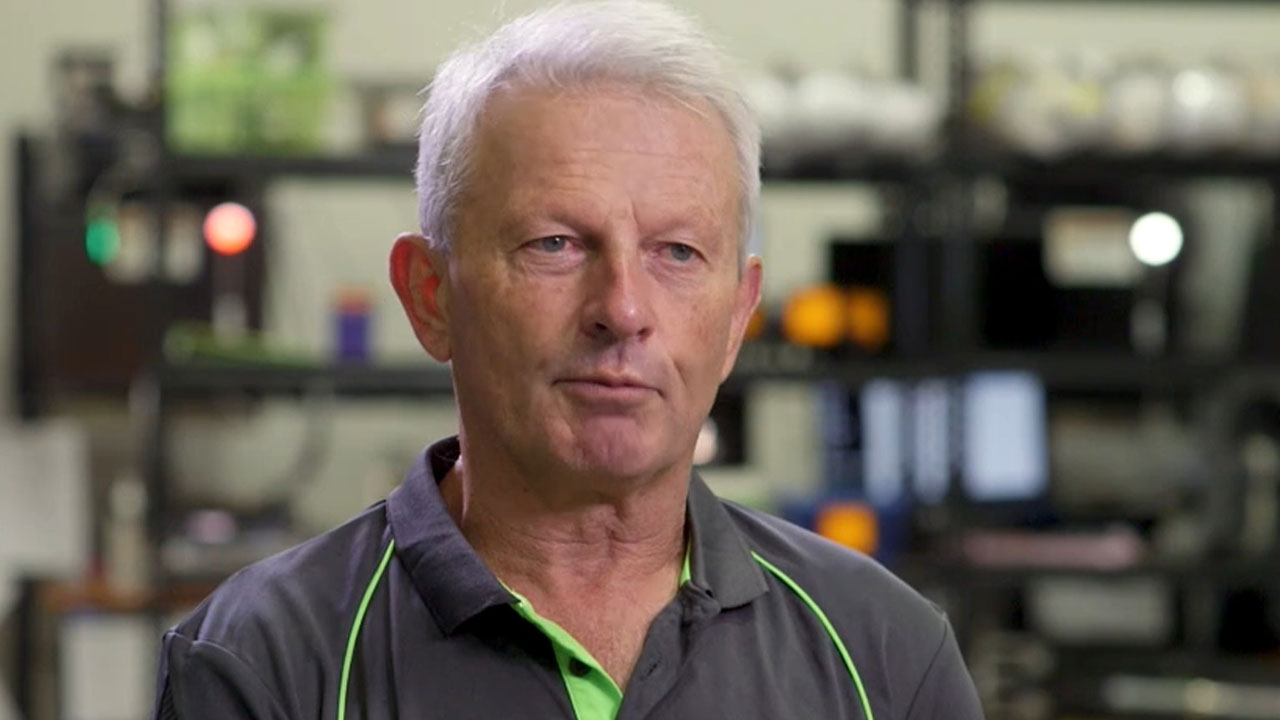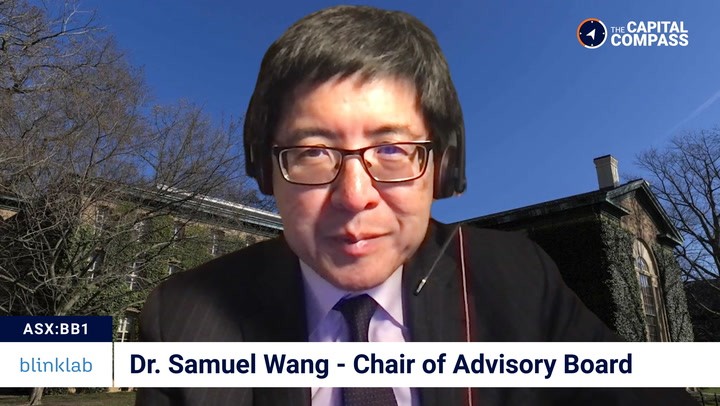- Micro-X (MX1) has been awarded a lucrative US$4 million (around A$5.6 million) design contract for self-service baggage scanners and check-in portals in U.S. airports
- The baggage scanner is expected to take 12 months to deliver for testing, with staged payments of at least US$1.5 million (around A$2.1 million)
- Micro-X will then oversee the design of a check-in portal which can check passenger IDs and travel documents, alongside body and baggage scans
- The portal is expected to take 20 months to design and will net Micro-X a further US$2.5 million (roughly A$3.5 million)
- If successful, it’s estimated U.S. airports could use between 8000 and 12,000 individual check-in units, providing the company a huge addressable market
- It’s expected work will start when the contracts are finalised in the first few months of 2021
- Micro-X closed Wednesday’s session 40.54 per cent higher at 26 cents
Micro-X (MX1) has been awarded a lucrative design contract for self-service baggage scanners and check-in portals in U.S. airports.
Two-part deal
The company’s Seattle-based subsidiary, Micro-X Inc., won the contract in a competitive tender process.
The US$4 million (around A$5.6 million) contract comes in two parts, with each phase further divided into two stages.
First, the company will design and manufacture a prototype self-service baggage scanner to detect explosives and other prohibited items. An initial minimum payment of US$500,000 (roughly A$700,000) will cover the four-month design phase.
Once the design is approved, Micro-X will be paid a further US$1 million (about A$1.4 million) to build a prototype within 12 months of the original contract signing.
The Department of Homeland Security (DHS) will then test the system for six months.
The second part of the contract is worth up to US$2.5 million (approximately A$3.5 million).
This phase will be for the integrated design of an automated self-service check-in portal, which will incorporate baggage and body screening, as well as travel document and passenger ID checks.
Micro-X will be responsible for the overall system design, incorporating elements from an international consortium of tech providers.
The initial concept design phase will last up to 12 months and will be worth US$1.2 million (roughly A$1.7 million).
The balance of US$1.3 million (around A$1.8 million) will be paid upon a successful concept review, and the final system design.
The final design is due 20 months from the initiation of the phase two contract.
Micro-X Managing Director Peter Rowland said it’s a big win for the company.
“We are thrilled to have been selected by DHS for both these projects as this will hugely accelerate entry of our proprietary CNT technology into the global security market,” Peter said.
“Building on the work we have done for the U.K. Government we believe our CNT technology is unique in being able to deliver this miniaturised x-ray automated detection functionality for airport security,” he continued.
“I’m really proud that Micro-X’s customer-led design approach has also been recognised in being asked to perform the top level system design of the complete check-in portal,” he added.
Outlook
While the final design of the fully-integrated self-service check-in portal is almost three years away, the contract win opens the door to a huge potential market.
The U.S. Transportation Security Agency (TSA) screens two million passengers daily across 440 U.S. airports, and projects 8000 to 12,000 individual check-in portals could be rolled out across the network.
Micro-X’s CEO believes the contract opens the door to a huge addressable market for the company’s proprietary technology.
“This TSA project stands to revolutionise the passenger experience and improve airport security detection world-wide,” Peter said.
“Current airport checkpoint security systems are very manpower-intensive and this self-service concept stands not only to massively reduce operational costs but provide a much safer checkpoint process for passengers in the post-COVID-19 world,” he added.
“This is a significant future market opportunity for Micro-X [and] this award by the TSA is another strong validation of the work which Micro-X has been doing for many years and a sign that the future of breakthrough x-ray imaging systems will be based on our CNT technology,” he said.
It’s expected work will start when the contracts are finalised in the first few months of 2021.
Micro-X closed Wednesday’s session 40.54 per cent higher at 26 cents.








